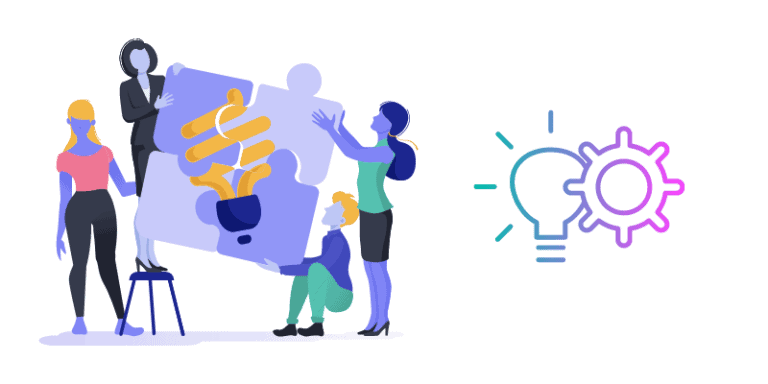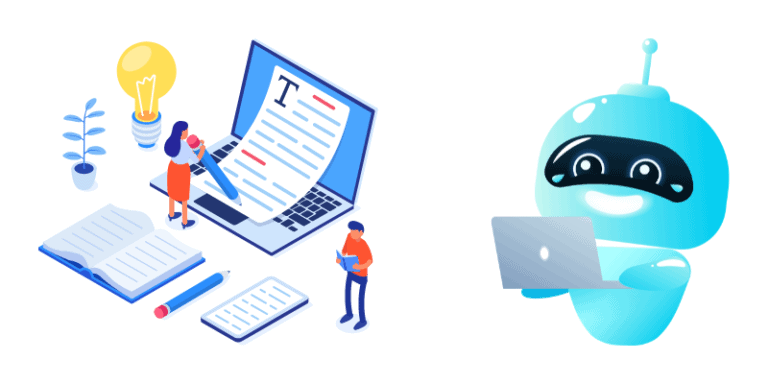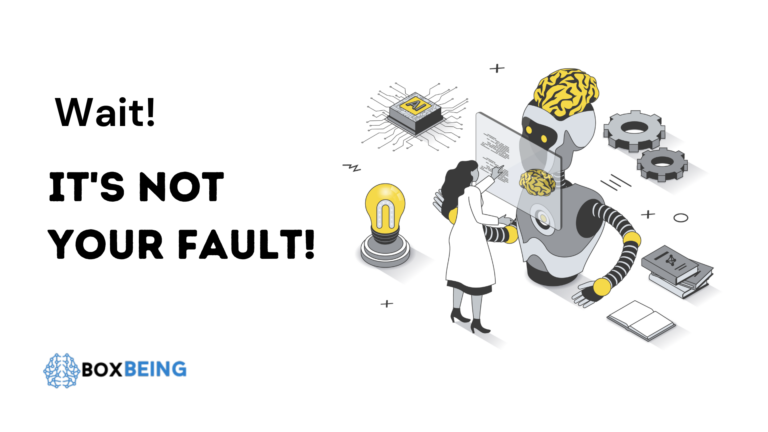Chat GPT has gained widespread popularity due to its ability to hold natural conversations with humans. It has been used in various applications such as customer service, education, and healthcare. However, it is not without its limitations. In this article, we will explore the cons of Chat GPT.
Lack of Emotional Intelligence
One of the major drawbacks of Chat GPT is its lack of emotional intelligence. It cannot understand human emotions or respond to them appropriately. It does not have empathy, sympathy, or the ability to read body language. This can result in frustrating conversations for the user, particularly when discussing sensitive topics.

Inability to Handle Complex Requests
Chat GPT is designed to handle simple and straightforward requests. However, it struggles with complex requests that require in-depth knowledge or reasoning. It can become confused or provide incorrect information, leading to frustration for the user.
Dependence on Data
Chat GPT’s ability to generate responses is dependent on the data it has been trained on. This means that it can only provide responses based on the information it has been given. It cannot think outside the box or provide creative solutions.
Privacy Concerns
Chat GPT’s ability to hold conversations with humans raises concerns about privacy. It can collect and store data about users, including personal information and conversations. This data can be vulnerable to cyber attacks, leading to the risk of identity theft or other malicious activities.
Interesting Read – Convincing Facebook Ads
Bias and Discrimination
Chat GPT’s responses are based on the data it has been trained on, which can lead to bias and discrimination. If the data contains biases or discriminatory language, Chat GPT may unintentionally perpetuate these biases in its responses. This can have negative consequences for users, particularly those from marginalized groups.

Lack of Personality
Chat GPT lacks personality and the ability to create a personal connection with users. It provides generic responses and does not have the ability to adapt to individual users’ needs or preferences.
Limited Domain Knowledge
Chat GPT’s knowledge is limited to the domain it has been trained on. It cannot provide expert-level knowledge or understand complex topics outside of its domain. This can lead to frustration for the user when discussing topics that fall outside of its area of expertise.
Vulnerability to Cyber Attacks
Chat GPT’s reliance on data and cloud computing makes it vulnerable to cyber attacks. Hackers can access the data and use it for malicious purposes, leading to the risk of identity theft or other security breaches.
Difficulty in Distinguishing Reality from Fiction
Chat GPT’s ability to generate text can make it difficult to distinguish reality from fiction. It can create false information or spread misinformation, leading to confusion and mistrust.
Limitations in Multi-lingual Support
Chat GPT’s language support is limited to the languages it has been trained on. It may struggle with languages that have complex grammar or syntax, leading to communication difficulties.

Impact on Human Communication
Chat GPT’s increasing popularity has raised concerns about its impact on human communication. Some experts argue that excessive reliance on chatbots can lead to a reduction in face-to-face communication skills and may even lead to social isolation. Additionally, some users may prefer communicating with a machine rather than a human, leading to a potential loss of human connection.
Ethical Concerns
Chat GPT raises ethical concerns, particularly around its ability to generate text that can be used to manipulate or deceive people. It can be used to spread misinformation, impersonate individuals, or create false content. There are concerns about the potential abuse of this technology for nefarious purposes.
Interesting Read – Convincing Facebook Ads
Technical Issues
Chat GPT is not immune to technical issues. It may experience bugs, glitches, or downtime, leading to a frustrating user experience. Additionally, its reliance on cloud computing means that it is dependent on internet connectivity and server availability.
Conclusion
Chat GPT is a powerful technology that has the potential to revolutionize the way humans interact with machines. However, it is not without its drawbacks. Its lack of emotional intelligence, inability to handle complex requests, and dependence on data are some of the limitations that can lead to frustration for users. Additionally, concerns around privacy, bias, and ethical issues highlight the need for careful consideration of the use of this technology.
FAQs
Q: Can Chat GPT replace human customer service representatives? A: While Chat GPT can handle simple requests, it cannot replace human customer service representatives for more complex issues that require empathy, problem-solving skills, and human connection.
Q: Is Chat GPT biased? A: Chat GPT’s responses are based on the data it has been trained on, which can contain biases. However, efforts are being made to address this issue and ensure fairness and inclusivity in the development of AI.
Q: Is Chat GPT safe to use? A: While there are concerns around privacy and vulnerability to cyber attacks, Chat GPT is generally considered safe to use when developed and used responsibly.
Q: Can Chat GPT be used for malicious purposes? A: Yes, like any technology, Chat GPT can be used for malicious purposes. There are concerns about its potential use for spreading misinformation, impersonation, or creating false content.
Q: Will Chat GPT replace human communication? A: While Chat GPT may lead to changes in the way humans interact with machines, it is unlikely to replace human communication entirely. Human connection and communication are essential aspects of our social fabric that cannot be replaced by technology.







